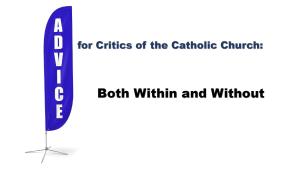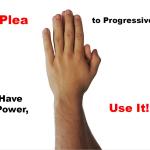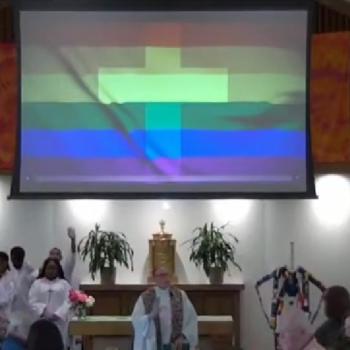After writing a blog for almost two years and engaging critics of the Church who read said blog, I have some advice to offer critics within and without the Church. Now, I know my advice may go unheeded, but at least I can say I tried. While not exhaustive, the list below does cover the main issues. If anyone wishes to add to the list, please do so in the comment section.
Disclaimer
This article, while serious in nature, also contains humor. I find debates and dialogues fun and hope others do, too. In all debate and dialogue, we must keep our heads and sense of humor. So, please enjoy this article in the spirit in which it was written.
Advice for Critics #1: Address the Issue at Hand, Not Your Issues with the Church
Critics within and without the Catholic Church have their pet issues. Be it from within regarding the Church’s supposed conservative views on anthropology, abortion, and women’s ordination, or from without regarding the Church’s hierarchical moral failings. Regardless of the issue, if the critique does not fit the context that’s up for discussion, it does not belong as a criticism for discussion. For example, if the issue up for discussion is abortion, an attack on the Church’s failure to adequately address the horrible child sexual abuse problem does not belong. In a discussion of this failure, sure. But when used as an argument against the Church’s view on abortion, it does not follow (non-sequitur).
Advice for Critics #2: Attack What the Church Actually Teaches, not a Caricature You Invented
Caricatures, otherwise known as strawmen, do not serve productive dialogue and only waste time and energy in their correction. However, this may require the critic to do their homework and know what the Church teaches before they criticize it. For example, recently a critic of the Church claimed that the Church supports and performs circumcisions. This was in response to the Church’s stance against gender surgery. Now, the issue of Christian circumcision was addressed at the Council of Jerusalem in Acts 15 and is thus a settled issue for 2,000 years. Of course, such an example falls on the extreme side of the spectrum. Others include: the Catholic worship of Mary, the Catholic Church is anti-science, and freedom of conscience allows Catholics to support abortion and not incur mortal sin. If one simply cracks open the Catechism of the Catholic Church, studies history, or reads papal encyclicals from the past 200 years, they would get a clearer picture. Alas, this point tends to get mixed up with the first one, as those with personal issues with the Church tend to also create caricatures.
Advice for Critics #3: Don’t Be a Troll but Have Fun
Moreover, don’t act like a troll. This means no name calling or insults. Avoid the use of profanity and personal attacks on another’s character. Hey, we all get tempted to lay into an opponent. Furthermore, when someone acts idiotic, we naturally want to call them out on it. And we should, but not in a troll-ish way. Sometimes the line between acting the troll and attempts at humor become blurry, so it’s best to proceed cautiously. This caution need not keep one from having fun in dialogues. Dialogues should be fun, engaging, and entertaining.
Final Thoughts
In conclusion, let’s sum up my advice for critics of the Catholic Church, both within and without.
- Address the issue at hand, not your issues with the Church.
- Attack what the Church teaches, not a caricature you invent.
- Don’t be a troll but have fun.
Now, some who violate this advice may come to the dialogue table ill-informed. They may not know any better and do need correction. For those in this category, grace is given. Well, grace is given until the corrected refuse to receive correction and continues in their willful error. Finally, as part of a budding intellectual group in college, we had an upspoken rule: do not attempt to debate a topic unless you know your opponent’s side as much or better than they do.
The truth is, of course, that the curtness of the Ten Commandments is an evidence, not of the gloom and narrowness of a religion, but, on the contrary, of its liberality and humanity. It is shorter to state the things forbidden than the things permitted: precisely because most things are permitted, and only a few things are forbidden. –GK Chesterton, 1920.
I share Chesterton’s view that short lists forbode broader permissibility. Now, let’s have more productive and engaging dialogues and debates.
Thank you!
Read my other writing here.
Please click the link below to join.
Voices of the Faithful in the Synod on Synodality
Please make your voice heard.
I Support Church Teaching in the Synod of Synodality














